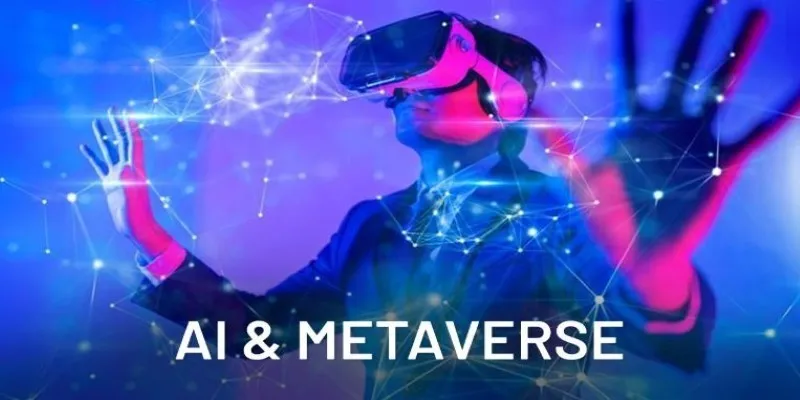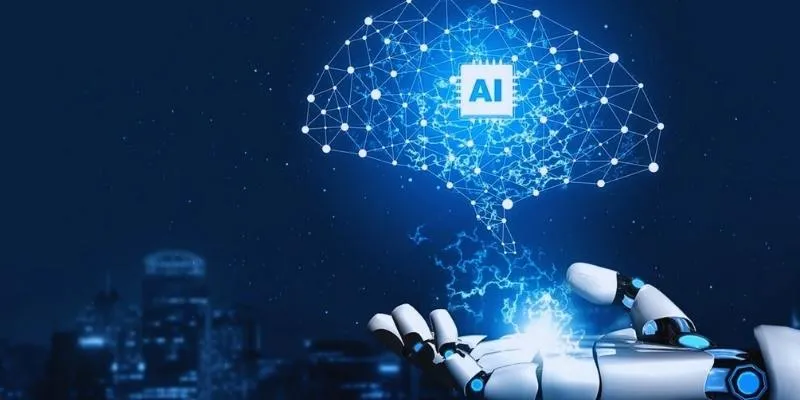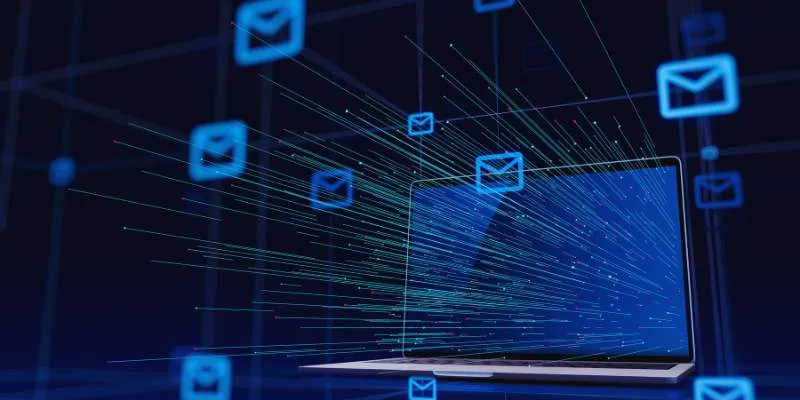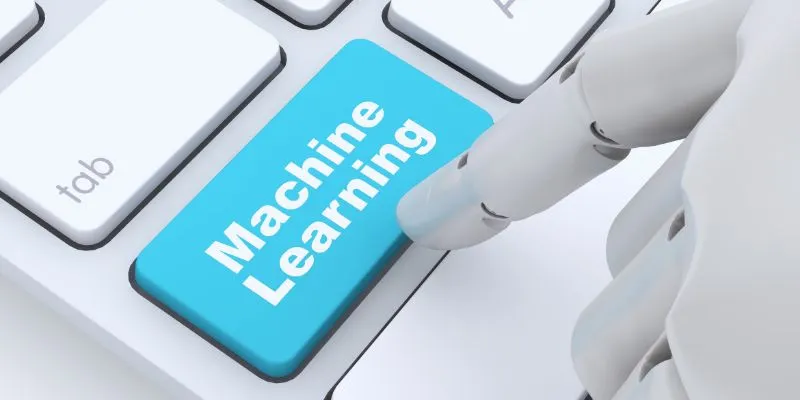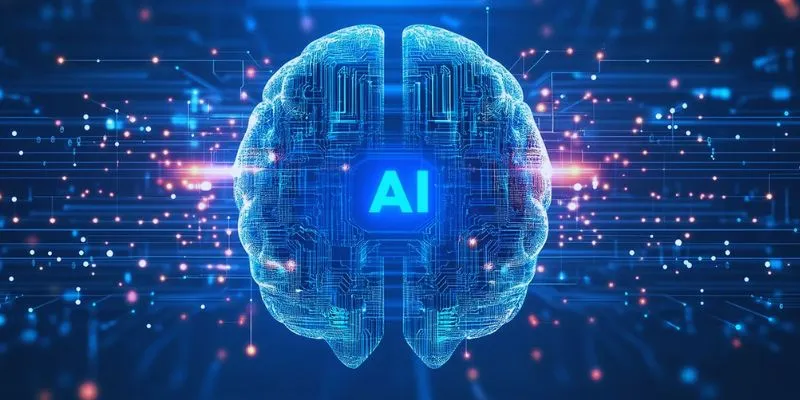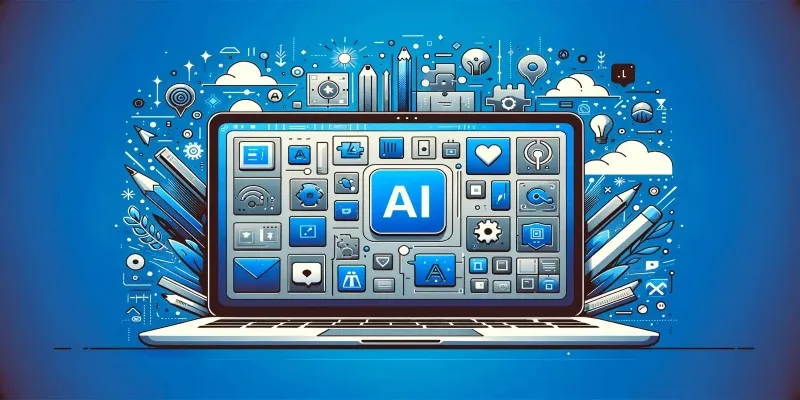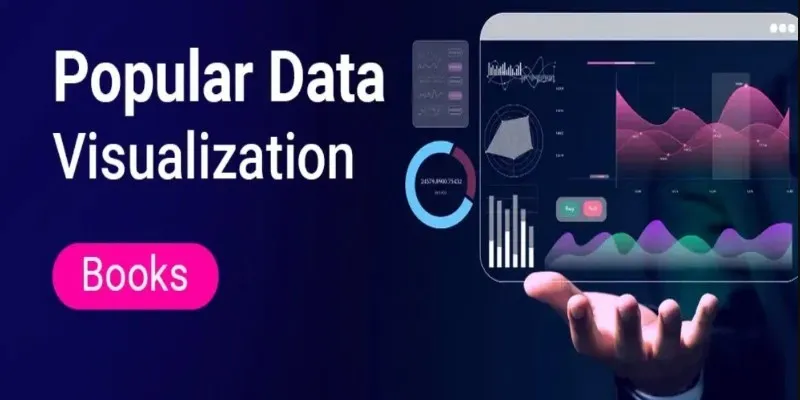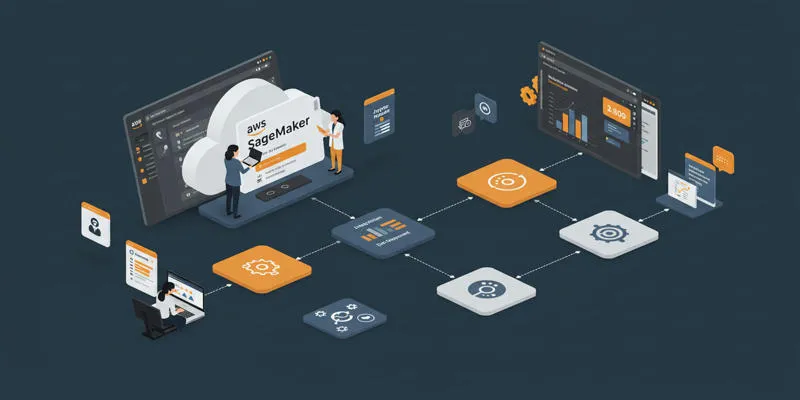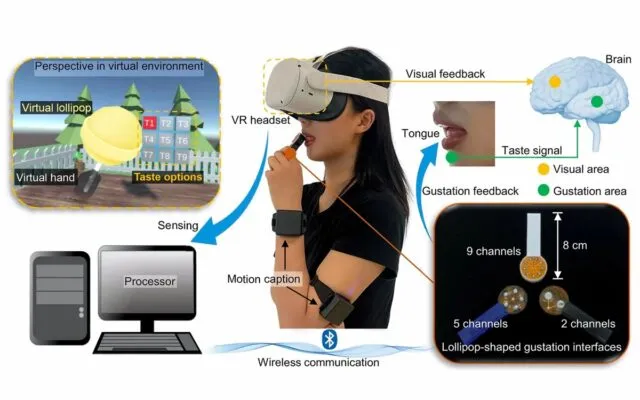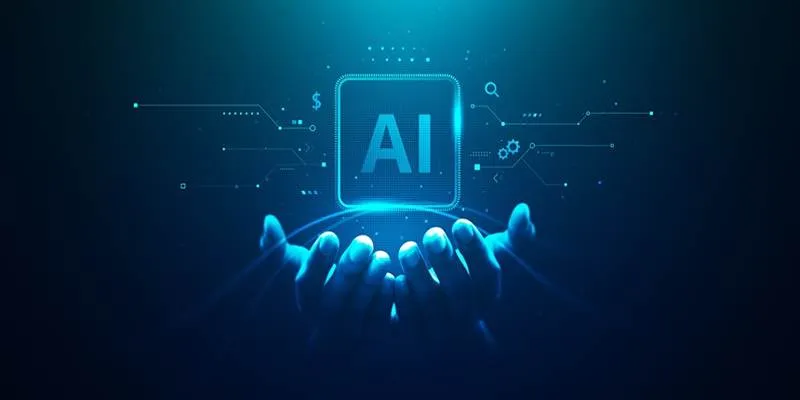Education is rapidly evolving, with technology at its core. The advent of artificial intelligence (AI) and the metaverse has opened up new opportunities for how learning can be experienced. These groundbreaking technologies are converging to transform education in profound ways. AI brings personalization and adaptive learning, helping students progress at their own pace, while the metaverse introduces immersive, interactive environments where students can learn through real-world simulations.
Virtual classrooms, AI-driven feedback, and personalized content are reshaping the way we approach education. Together, AI and the metaverse are paving the way for a future where learning is more accessible, engaging, and dynamic.
Understanding the Metaverse and AI in Education
To truly grasp AI and the metaverse’s capabilities in education, it’s essential to understand these technologies. The metaverse is an online virtual world where individuals interact with other users and the environment. This interactive, 3D world offers a real-time experience mimicking the real world but occurs purely online. For learning, this means classrooms, lectures, and interactions can happen in virtual spaces, providing access to knowledge globally.
Artificial intelligence (AI), on the other hand, refers to the imitation of human intelligence in machines designed to think and learn. AI can tailor education by customizing content to meet the requirements of specific students, offering instant feedback, and even automating clerical tasks. With AI incorporated into the metaverse, education could be entirely overhauled as an interactive, immersive, and customized experience for learners of any age.
The Power of Personalization in the Metaverse
One of AI’s most significant features in learning is its capacity to customize the learning process. In a conventional classroom, students have varying learning speeds, styles, and preferences, which may make it difficult for teachers to attend to each learner’s needs. In a metaverse learning environment, AI can fill this gap, providing customized materials and learning processes based on each student’s specific needs.

Imagine a virtual classroom where each student is presented with a curriculum tailored to their abilities and interests. AI can analyze how a student interacts with the content, identifying strengths and areas for improvement. It can then adjust the difficulty of the material, suggest additional resources, or offer supplementary exercises. This dynamic, personalized approach can foster a deeper understanding of the subject matter and encourage students to take an active role in their learning.
Furthermore, the metaverse enables students to engage in hands-on learning experiences that are not possible in the physical world. Whether it’s exploring a virtual replica of ancient Rome, participating in a chemistry experiment, or walking through a simulated biology lab, students can immerse themselves in the subject matter. This combination of personalized AI and immersive metaverse environments creates a rich, multi-sensory learning experience.
Interactive and Engaging Learning Environments
The metaverse’s ability to create interactive learning experiences surpasses traditional textbook or lecture formats. AI and the metaverse can bring abstract concepts to life in ways that are impossible in physical classrooms. For example, rather than reading about the solar system, students can virtually travel through space, exploring planets and stars in 3D. Similarly, history lessons can come to life with virtual time machines, allowing students to walk through ancient civilizations and witness historical events firsthand.
These interactive experiences are far more engaging than traditional methods, and AI can adapt the virtual world to suit the preferences and learning styles of individual students. Whether through gamified learning, simulated real- world scenarios, or interactive storytelling, the metaverse offers endless possibilities for creating engaging educational content.
The ability to learn through experience and interaction is one of the most effective ways to retain information. Students can experiment, make mistakes, and learn from them in a safe, virtual environment. AI plays a crucial role here by monitoring students’ progress and providing real-time feedback to help guide them through these experiences. This creates a more dynamic, hands-on approach to learning that keeps students motivated and engaged.
AI-Driven Assessment and Feedback
Traditional assessment methods, such as exams and quizzes, often fail to capture the full scope of a student’s abilities. In a metaverse-based classroom, AI can offer more nuanced and comprehensive assessments. Instead of relying on standard tests, AI can track a student’s performance over time, analyzing how they interact with the virtual environment, respond to challenges, and engage with the content.

For example, AI could track how long it takes a student to complete a task, how many attempts they need to solve a problem, and whether they demonstrate critical thinking skills. This data provides a more accurate picture of a student’s progress and can help instructors identify areas that need further attention. Additionally, AI can provide instant feedback, giving students the opportunity to improve without waiting for a teacher’s response.
These continuous, real-time assessments allow for more efficient and effective learning. Students are not only aware of their progress but can also receive personalized feedback that helps them overcome obstacles and continue advancing. In this way, AI ensures that each student stays on track and receives the support they need to succeed in the metaverse learning environment.
Conclusion
AI and the metaverse are opening up new possibilities for the future of education, providing more personalized, engaging, and accessible learning experiences. From immersive virtual classrooms to AI-driven feedback systems, these technologies are transforming how students interact with content, collaborate with peers, and assess their progress. While challenges remain, the potential of AI and the metaverse to revolutionize education is undeniable. As these technologies continue to evolve, they will play an increasingly important role in shaping the future of education, making learning more dynamic, inclusive, and effective for everyone.
 zfn9
zfn9



